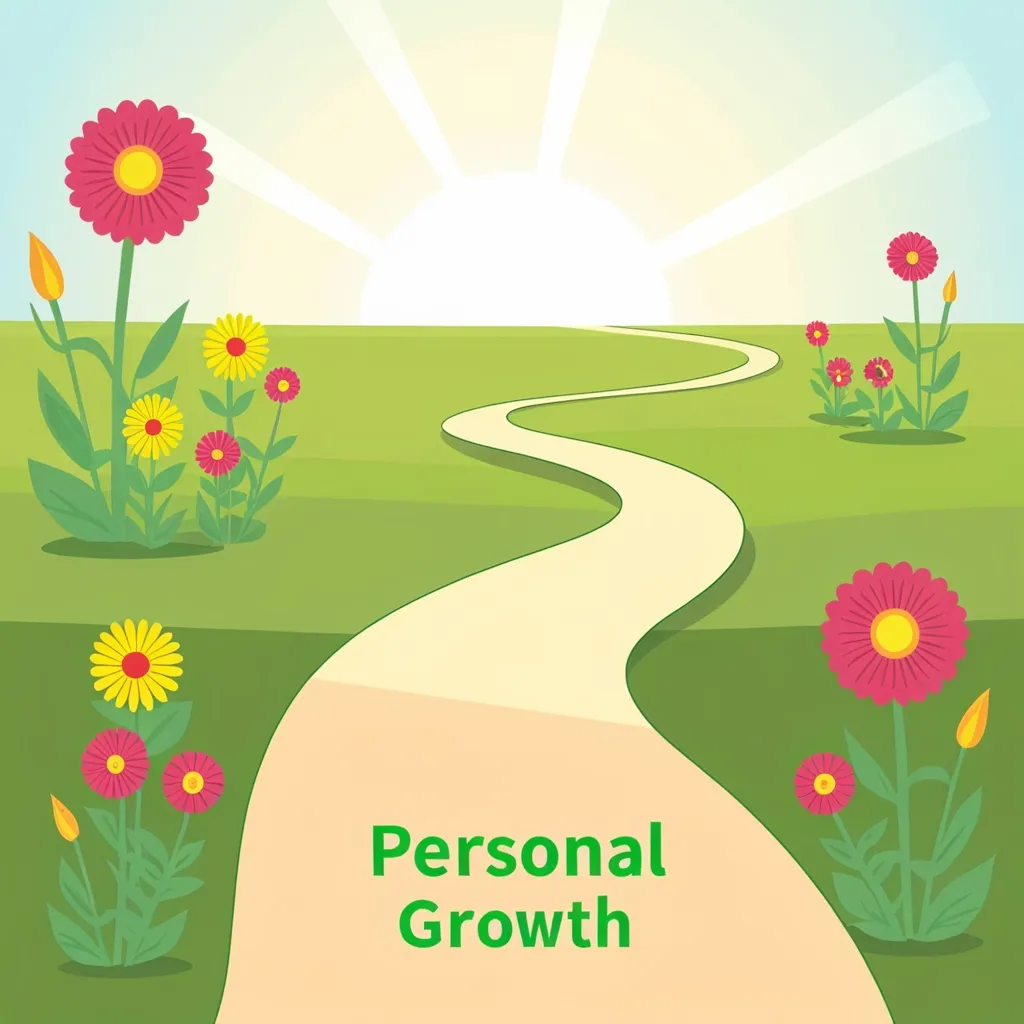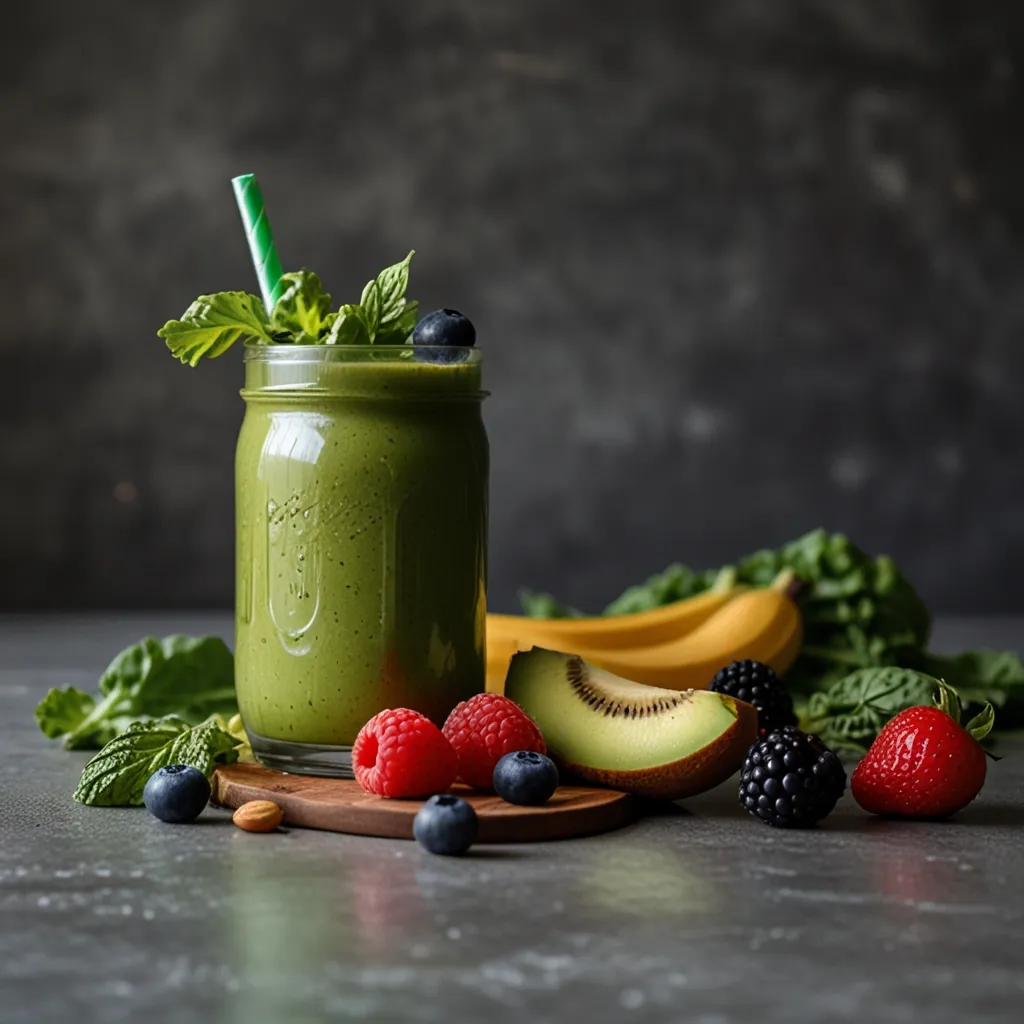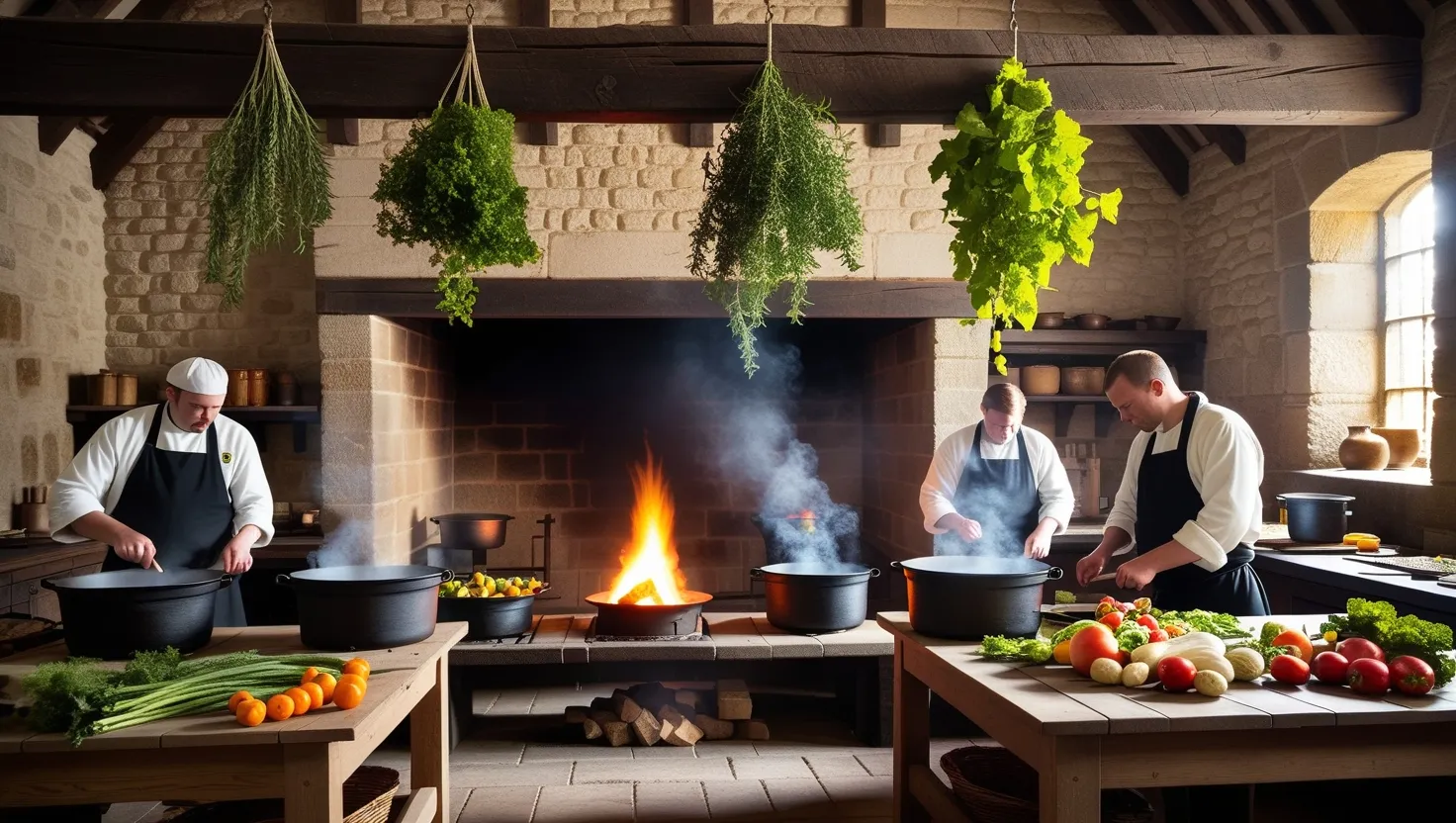Unani medicine, often described as Greco-Arab medicine, has been an integral part of traditional healing for what feels like forever. Kicking off in ancient Greece and getting more refined by Arab physicians, this system really focuses on the harmony between the body, mind, and spirit. There’s a lot to unpack here, but stick with it because it’s both fascinating and useful.
The cornerstone of Unani is the concept of the four humors: blood, phlegm, yellow bile, and black bile. These aren’t just random fluids; they’re tied to specific elements and seasons. Blood is all about air and spring, phlegm links to water and winter, yellow bile vibes with fire and summer, and black bile gravitates towards earth and autumn. Keeping these bad boys in balance is a big deal because any lopsidedness can lead to all sorts of health issues.
When it comes to diagnosis, Unani medicine takes the holistic route. It’s like a 360-degree health check. Practitioners look at your physical condition, how you live your life, and your surroundings. One cool technique they use is pulse diagnosis, or “nabz,” to get a feel for your humor balance. They also factor in what you eat, the climate you’re in, and how you’re feeling mentally and emotionally.
Herbs are the heroes in Unani medicine. They use a variety of plants to sort out different health problems. For example, turmeric is known for its anti-inflammatory magic, and ginger is your go-to for boosting digestion. These herbs are often combined in special mixes to pack an even bigger punch.
Diet isn’t just about eating in Unani medicine; it’s about healing. The right food can help restore the balance of your humors. Imagine foods being classified by their hot, cold, wet, or dry properties. So, if you’ve got too much hot humor, cooling foods like cucumbers or melons could be prescribed.
Aromatherapy also plays a major role. Think of essential oils doing the heavy lifting for both your body and mind. Rosewater is used to calm you down and soothe your skin, while lavender oil is great for relaxation and might even help you catch those elusive Z’s.
Massage therapy, known as “dalk” in Unani, is more than just a treat; it’s a treatment. Massages improve blood flow, reduce stress, and help balance your humors. The techniques vary depending on what you specifically need.
Purification has its place too, with methods like bloodletting (hijama) and cupping therapy. These are believed to remove nasty substances from your body, helping to balance your humors and boost overall health.
Lifestyle tweaks are often part of the Unani approach. It could be anything from changing how and when you exercise, to advice on sleeping better and managing stress. The idea is that a balanced lifestyle keeps you healthy.
Mental health isn’t overlooked either. Unani medicine emphasizes techniques like meditation and counseling to help you manage stress and anxiety. Activities that make you feel good mentally, such as reading or spending time in nature, are also recommended.
Case studies show that Unani treatments can be super effective. People with chronic digestive problems have found relief with dietary changes and herbal remedies. Meanwhile, those dealing with stress and anxiety have benefited from aromatherapy and massage therapies.
Recently, there’s been a buzz about blending Unani medicine with modern healthcare practices. This integrated approach offers a more holistic health solution, tapping into the best of both worlds. Nowadays, you’ll even find hospitals and clinics offering Unani treatments alongside conventional medical care.
So, Unani medicine isn’t just some ancient practice; it’s a rich, holistic approach to health and wellness that’s still very relevant. By grasping the four humors, leveraging herbal remedies, diet therapy, aromatherapy, massage therapy, purification methods, and making thoughtful lifestyle changes, Unani practitioners provide solid treatments for a range of issues. In a world where people are increasingly seeking natural and comprehensive healthcare options, Unani stands out as a valuable resource.






